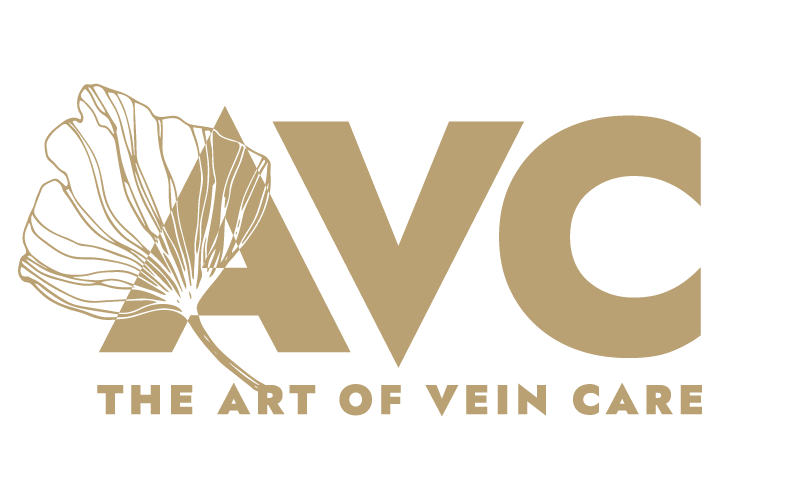Vascular Ultrasound Clinic


AVC uses advanced Doppler/Duplex ultrasound for its vein procedures.
We have an onsite ultrasound at two of our locations which means you can often have your scan and see a phlebologist (vein specialist) on the same day.
Experienced vein surgeon Dr David Huber and his team of vein specialists use this type of ultrasound, which is a non-invasive test to precisely map the blood flow through the blood vessels using high-frequency sound waves that bounce off your body’s circulating red blood cells.
A standard ultrasound can produce images of your veins and arteries but can’t show the speed or flow of blood like a Doppler ultrasound can.
The Duplex imaging system we use is an advanced form of ultrasound because it combines Doppler analysis and flow with B-Mode ultrasound imaging to provide a comprehensive analysis of the condition.
This is particularly useful when doctors are trying to detect and monitor blood clots or poorly functioning valves.
Ultrasounds involve no radiation and can help to identify blockages (stenosis), abnormalities like blood clots (DVT), narrowing of vessels and evaluating varicose veins.
Blockages in veins are usually thombosis.
What conditions do you scan for at AVC’s Illawarra Vascular Ultrasound or South West Vascular Ultrasound?
- All arterial disease (narrowing of abdominal, legs, neck vessels, kidney vessels, small bowel and large bowel)
- The only organ we do not perform ultrasound on is the heart, which is usually performed by a cardiologist.
- Scans for venous conditions for the general population pay a gap fee usually less than $100.
- Scans for arterial conditions are bulk-billed for all patients.
Dr Huber and his team of specialists prefers Doppler ultrasound, which is a test to estimate the blood flow through the blood vessels using high-frequency sound waves that bounce off your body’s circulating red blood cells.
A standard ultrasound can produce images of your veins and arteries but can’t show the speed or flow of blood like a Doppler ultrasound can.
The Duplex imaging system we use is an advanced form of ultrasound because it combines Doppler analysis and flow with B-Mode ultrasound imaging to provide a comprehensive analysis of the condition.
This is particularly useful when doctors are trying to detect and monitor blood clots or poorly functioning valves.
- Most vascular ultrasounds take between half an hour to 45 minutes.
- Medications can be taken as per normal, and no fasting is required unless it is a belly or pelvic scan where fasting is required from midnight the night before. Fasting scans are generally performed in the morning and patients with diabetes contact us for fasting instructions.
- You just need to arrive 10-20 minutes before your scan time.
- During the procedure you will be asked to lie on a special table, and a non-toxic gel will be applied to the skin and a probe placed over the area to be examined.
- Ultrasound involves no radiation, no anaesthesia and no needles, so is a low-risk procedure.
- Nor does it use contrast dye which can impair kidney function.
- Ultrasound is extremely useful in helping to identify blockages (stenosis), abnormalities like plaque or blood clots (DVT), narrowing of vessels and evaluating varicose veins.
